If not me, who? And if not now, when?
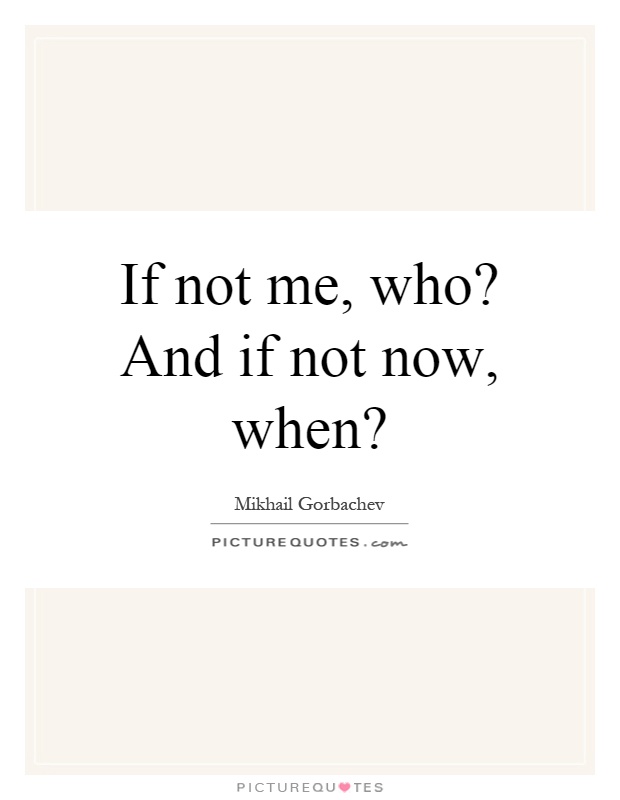
If not me, who? And if not now, when?
Mikhail Gorbachev, the former leader of the Soviet Union, is often associated with the quote, “If not me, who? And if not now, when?” This quote encapsulates Gorbachev’s sense of duty and urgency in bringing about change in the Soviet Union during a time of great political and social upheaval.Gorbachev came to power in 1985 at a time when the Soviet Union was facing numerous challenges, both domestically and internationally. The economy was stagnating, political repression was rampant, and the Soviet Union’s influence on the world stage was waning. Gorbachev recognized the need for reform and was willing to take on the responsibility of leading the country through a period of transformation.
The quote, “If not me, who? And if not now, when?” reflects Gorbachev’s belief that he was uniquely positioned to bring about change in the Soviet Union. As the leader of the country, he had the power and influence to implement reforms that would have been impossible for anyone else to achieve. Gorbachev understood that the time for change was now, and that delaying action would only prolong the suffering of the Soviet people.
Gorbachev’s tenure as leader of the Soviet Union was marked by a series of bold reforms known as perestroika and glasnost. These reforms aimed to modernize the Soviet economy, increase political openness, and improve relations with the West. While Gorbachev’s reforms were met with resistance from hardliners within the Communist Party, he remained steadfast in his commitment to change.
Ultimately, Gorbachev’s reforms led to the dissolution of the Soviet Union in 1991. While his leadership was controversial and his legacy remains debated, there is no denying the impact that Gorbachev had on the course of history. The quote, “If not me, who? And if not now, when?” serves as a reminder of Gorbachev’s determination to bring about change in the face of adversity.
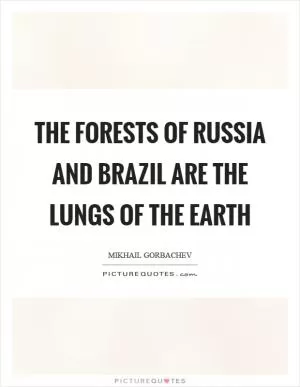

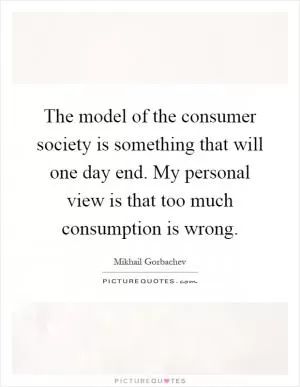
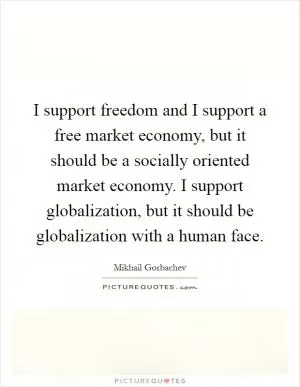
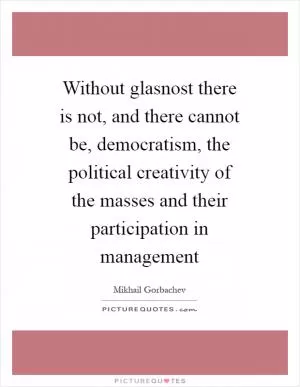
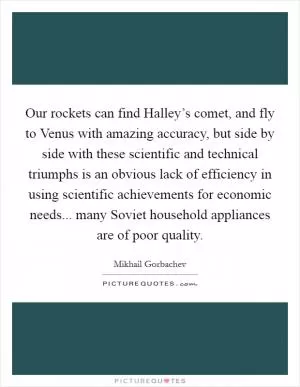
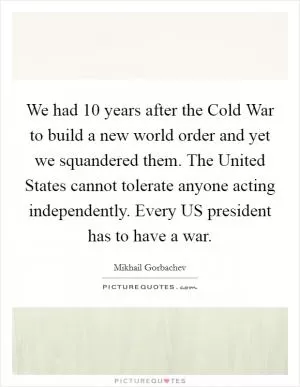
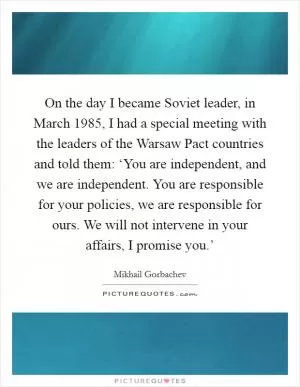
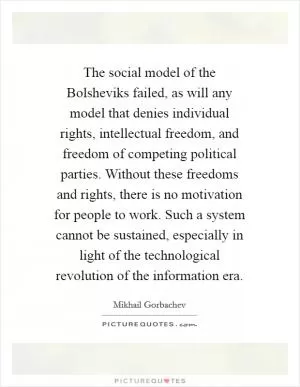
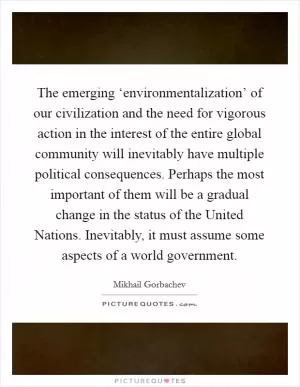
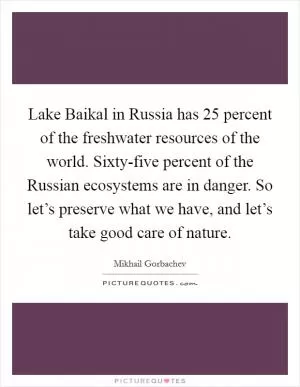
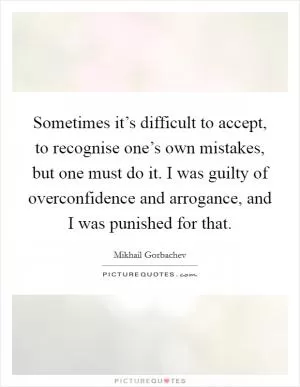
 Friendship Quotes
Friendship Quotes Love Quotes
Love Quotes Life Quotes
Life Quotes Funny Quotes
Funny Quotes Motivational Quotes
Motivational Quotes Inspirational Quotes
Inspirational Quotes